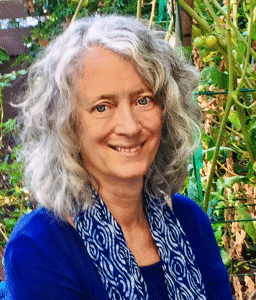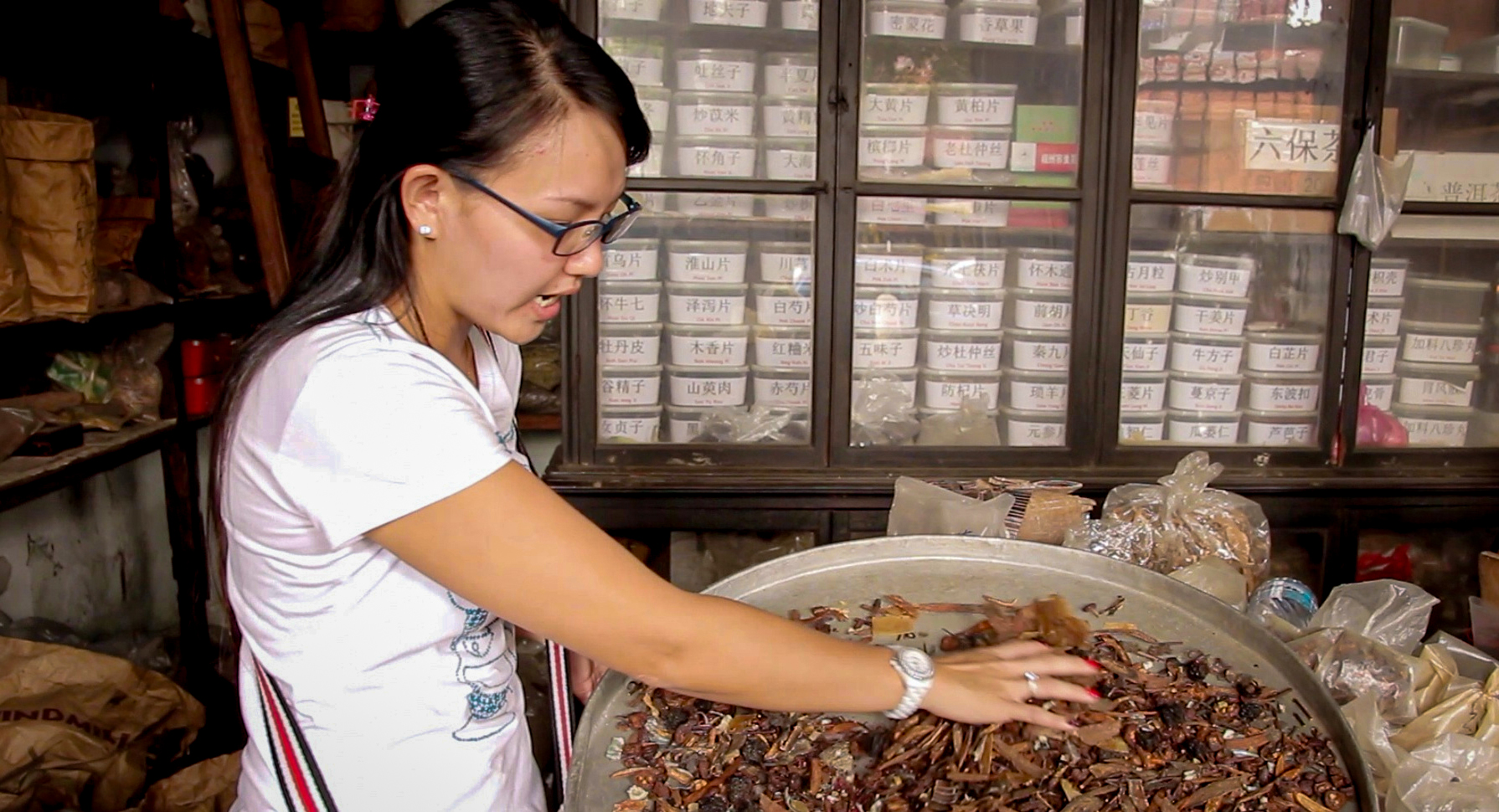
By Connie Hernandez, ND
I’m guessing that many of you, like me, grew up in a time, around the mid-20th century, when we had lost touch with a tradition of folk medicine that had endured, very happily and successfully, for thousands of years.
It was a respected body of comforting, accepted homegrown knowledge, accompanied by a certainty that we were in charge of our bodies, and that we were largely responsible for our own health care.
However, we were now living in a scientific century. Since Einstein’s declaration in 1914 that the substance of this world is energy, and not matter as formerly believed, scientific medicine had advanced at an astonishing pace, with a flood of fresh discoveries that promised to improve the prognosis and care of even the most seemingly intractable diseases.
The torrent of discovery brought tremendous respect for medical doctors, who seemed like wizards practicing miraculous medicine. For every condition, there seemed to be a new miracle pill, an operation, or a treatment machine.

Meanwhile, traditional healers and their methods steadily lost ground, as the medical establishment locked arms in designating them as quacks, and their methods as witchcraft. Herbalists, homeopaths, and traditional healers of all kinds found themselves not only sidelined, but even at risk of legal persecution.
Another downside was that our strengthening faith in logic and reason was accompanied by a loss of trust in our own intuition, and in our own experiences and those of healers for thousands of years. We willingly turned over the responsibility for our health to the medical authorities, little realizing that it would be very hard to regain it.
On the positive side, every small town had its friendly, dedicated family physicians who knew us and were happy to make house calls, even in the dead of night. Their treatment included much more than diagnosis and medication. The best were doctors in the deeper, broader sense of the word – they were educators. The word “doctor” comes from the Latin for “to educate.” And they did
The family doctor is now a long-forgotten memory. At best, we can still find dedicated, good-hearted general practitioners and internists who may work for large or small medical practices that are run as businesses, with a heavy emphasis on efficiency and cost-consciousness.
These wonderful, caring internists are treasures, and as such, they can be difficult to find. Despite their integrity and warm sincerity, the overriding concern for the bottom line can mean that they may be booked for weeks or months in advance, and that our care will be farmed-out to medical assistants, nurse practitioners, and online, video, or phone triage doctors whose manner may be less than personal, or receptive to our questions.
Once they’ve arrived at a reasonable diagnosis of our condition, these anonymous professionals will refer us to a specialist, and often there will be no continuity of care. If we are lucky, our internist will greet us by name and make friendly conversation, to the extent allowed by the medical system’s rules on time per visit.
It’s little wonder that many have begun to distrust the motives of the medical decision-makers at the government and corporate level.
For these reasons, and many others, it has once again become imperative that we take charge of our own health care. Just as in mid-century America, there may be no one else who will be as eager and able as ourselves to manage our care, and we will reserve traditional medicine for situations requiring urgent care.
Our prospects for happiness, health, and vitality, once again, begin with us – as they formerly, and once again should. Given the recorded experience of the ages in health maintenance and healing, it surely should be a relatively simple matter to support our own physical, emotional, mental, and spiritual happiness, health and vitality.
At the core of our universal birthright of health and healing knowledge is the Vix Medicatrix Naturae – the vital force, variously called prana, chi, or life force, that animates and nourishes all beings.

Our lives are designed to educate us in the wisdom that it takes to find happiness and freedom from suffering. We are each a scientific experiment of one. In the laboratory of our own bodies, minds, hearts, and souls, we must discover by our own experiences What Simply Works – that is, those thoughts, feelings, and actions that bring us increasing happiness and freedom, through aligning ourselves with the universal healing power of the Vix Medicatrix Naturae.
- Breathe fresh air.
- Walk on the earth barefoot to balance your electromagnetic field.
- Consciously bathe in the sun’s healing rays.
- Refresh your metabolism and brain with pure water.
- Balance your activities.
- Learn to move your body, stretch, and exercise.
- Eat and drink in moderation.
- Savor the elements. Be grateful, generous and kind.
- Serve others.
Of course, it’s easier to say these lovely words of counsel than to practice them. These utterly simple, effective, timeless healing practices can all too easily fall by the wayside when our bodies go awry and we become frantic to find an immediate cure.

While the power that heals us is simple, the details of healing disease can become complex to the point of overwhelming.
It can be an exhausting, nerve-wracking, tense journey to identify a practitioner that we can trust, and to gather a healthcare team – all while researching and endeavoring to intuit the best path forward.
Even more, here comes the internet, numbing our minds with its torrents of chatter. “Oh – it’s black!” “No, it’s white!” “No, it’s somewhere in between – maybe!”
An idiotically broad range of wise minutiae is no choice at all. We fall into the trap of trying to micromanage our physiology at the molecular level, watching the latest two-hour YouTube research-spew delivered by a smart young scientist who either doesn’t truly understand his audience or imagines that nothing matters but the science. If we followed all of the advice of all of the online proponents, we would be taking hundreds of pills every day, yet still be uncertain if we were addressing all our health vulnerabilities.
Many people labor long to become conversant in the latest findings of biochemical research in their desperate need to bio-hack their bodily systems, while inwardly debating the merits of a multitude of supplements, and swallowing one magic pill after another in search of the one that will make them right again.
It’s ironic how often, despite the wonderful wealth of information, we are unable to make ourselves well.
What’s the answer? My experience as a naturopathic physician for many decades has filled me with great respect for the ancient traditions and for the latest, hard-won research findings. My experience tells me that the best approach to healing ourselves is to begin very simply, with the fundamentals.
Begin with a focused, self-honest study of yourself. Start with your attitudes – since these exert a fantastically powerful influence on our physical health, or lack thereof..
If your diet is inflammatory, if your lifestyle is unbalanced, if you are angry and resentful, pessimistic, or wallowing in victim consciousness, even the best remedies might not be optimally effective. They may not even work at all for you, even if they are the correct remedy for your condition, pharmacologically speaking.
Whatever path you choose, know that you are a part of all that is, and that your greatest happiness, health, and inner freedom will come by finding a way to live in harmony with the earth, the elements, and the beings with whom you must share your life.
Take a moment, right now, to breathe deeply. Breath, mind, emotions, and spirit are intimately connected. How we habitually breathe reflects our habits of thought and feeling. Jagged, ragged, shallow breathing is a sure sign that we are not at peace within, mentally, emotionally, and spiritually. This is why the highest spiritual traditions have always prescribed calm, regular, deep breathing as an effective means of healing ourselves.
Here are more ways you can take charge of your health:
- Trust your intuition. Intuition is calm feeling, undisturbed by turbulent raw emotions, and verifiable by reason.
- Seek medical professionals with whom you feel aligned. Establish co-operative relationships with them. Know what they can and cannot do for you. Understand the part that you must play in your treatment plan for it to succeed.
- Utilize heroic medicine when needed, and be grateful that it is available.
- Explore complementary methods that make sense to you.
- Be curious and optimistic.
- Seek further expert advice when you are confused or don’t know which way to turn.
- Believe that what you do matters, and that a cure, though it may be currently unknown, is always possible.
- Know that your healing will need your active participation.
Drs. Connie and Marcel Hernandez
DrConnie@DrsHernandez.com
DrMarcel@DrsHernandez.com